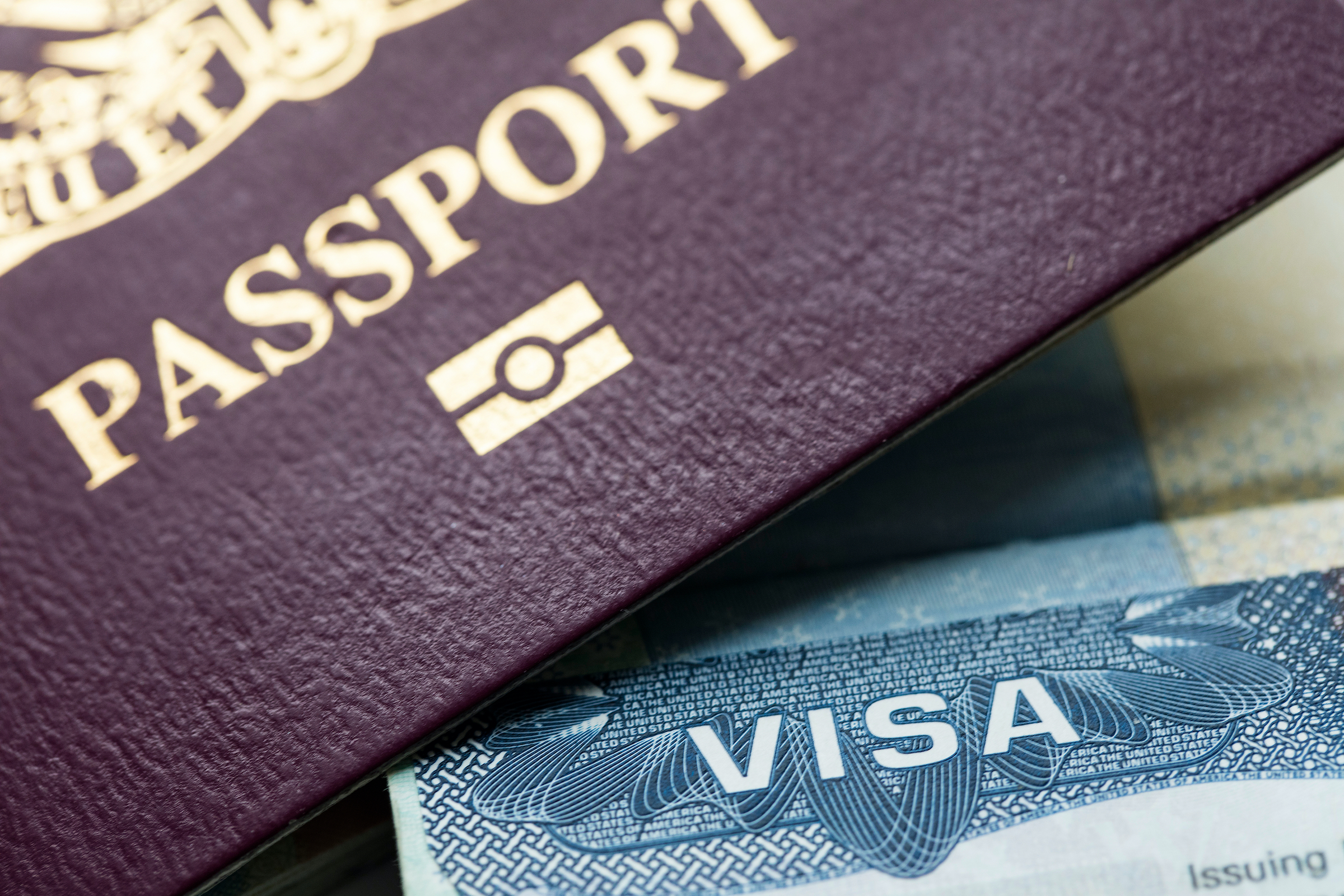In thinking about how citizenship has historically been a vehicle of enfranchisement, it’s worth reflecting on the fact that the fate of citizenship has been bound up with the emergence and consolidation of the modern state. More specifically, it has been connected to the modern state as an institution that, in the history of political thought, has often been analysed as an entity that is distinguished from both the governors and the governed, and which is responsible for conferring rights upon subjects and putting them under particular obligations. What is distinctive about the modern state is that, unlike the previous institutions that have claimed political legitimacy in the past, like the monarchy or the Church, it is supposed to be an inclusive institution. It is also supposed to be a universal institution, one that is based upon the recognition of ideals of freedom and equality, and that grants membership on the basis of these premises which recognise that all subjects are equal: they all have the same rights, and they have the same obligations.
The fate of citizenship
Professor in Political Theory
- The fate of citizenship has been bound up with the emergence and consolidation of the modern state.
- The idea of citizenship has, at least at the beginning of its democratic history, and the ideal of enfranchisement – of recognition of rights and obligations – has acted as a vehicle of inclusion.
- It’s the current overlap between citizenship and nationality that has led to the tendency to turn citizenship from a vehicle of inclusion, as it was historically, at least in particular periods, to one of disenfranchisement and exclusion.
- Famously, the republican constitution granted citizenship to anyone who pledged loyalty to the ideals that motivated the French Republic. It would be important to recover this understanding of citizenship as participation in the political process.
- Migration is not a problem in its own right. The revised way of thinking about citizenship when it comes to borders, would be to no longer think of borders as a problem; to think of mobility as a fact of life and as something that people do.
A vehicle for enfranchisement

Photo by Brandon Bourdages
Ideals that animated the French Revolution
From its inception, the modern state- in particular, the modern liberal state- has been involved in projects of colonisation abroad and of domestic repression of minorities at home. However, the idea of citizenship has, at least at the beginning of its democratic history, acted as a vehicle of inclusion insofar as the ideal of enfranchisement – of recognition of rights and obligations – is what has motivated popular movements, both within the states and abroad, to seek recognition from these institutions. If we think about the moments of affirmation of the idea of citizenship, we think about the French Revolution, for example. We think about the ideals that animated the French Revolution: freedom, equality and fraternity, or solidarity. Take 1848, another moment of affirmation of the idea of citizenship as a struggle against authority, and of recognition of the right to self-determination by people who try to become independent and republican – critical of the legitimacy of the empire or of institutions like the authority of the Church or kings.
Stories we tell ourselves
The question is, has citizenship ever been like this, or is this another myth, another story that we tell ourselves? Another question is, is citizenship still like that? I think the answer to these two questions is slightly complicated. On the one hand, when we think about the emergence of citizenship, historically, we know that there were famous critics of the French Revolution or a republican account of citizenship as being universal and emancipatory. Most famously, Karl Marx in On the Jewish Question wrote that the republican-liberal conception of citizenship was based on another kind of exclusion that, on the surface, as a matter of abstract rights, recognised and granted universal citizenship but it did so on the basis of a separation between public persona – public character, the recognition of the citizen, the citoyen – and the exclusion of the private lives of those citizens as bourgeois, which, as Karl Marx wrote, was in tension with that inclusionary dynamic that characterised citizenship.
Citizenship as a vehicle of inclusion

Photo by Ink Drop
When we account for the fate of citizenship nowadays, there are two ways in which we could approach the question of whether citizenship is still emancipatory or not. One is to deny that it was ever emancipatory, to emphasise in the way that Marx did that the bourgeois and the citoyen had their own separate histories, which went parallel ways and, in fact, were in tension. That is to say, the demands of one were in tension with the demands of the other. One was inclusionary and emancipatory, and the other one was based on exclusion, domination and the drive for profit. In other words, the answer to the question of whether citizenship was ever emancipatory is to say that perhaps there was a moment in which citizenship was inclusive and that the reason it was so is that we didn’t think of citizenship on the one hand and nationality on the other as overlapping. It’s the current overlap between citizenship and nationality that has led to the tendency to turn citizenship from a vehicle of inclusion, as it was historically, at least in particular periods, to one of disenfranchisement and exclusion (when we think about the way in which citizenship in liberal states is currently used to marginalise and exclude those who don’t have access to citizenship – in particular, migrants of particular social backgrounds.)
Citizenship as a process or a commodity?
When we think about contemporary trends, about the transformation of citizenship in the contemporary era, what’s important to signal is the shift from citizenship as a process to citizenship as a kind of commodity that either one is entitled to or not, and that gets bought, sold or exchanged if one shows that one deserves it. What’s really important, and in some ways helps us link back to what I started with the Marxist critique of liberal citizenship, is to see the selective way in which citizenship is deployed in contemporary politics; to both exclude those who are seen as not belonging, not deserving of access to the liberal state and, on the other hand, to sell citizenship to those who have money and power and can show that they have access to this claim. So, citizenship becomes a little bit like an inherited status during the pre-modern era- it’s no longer the process through which subjects get enfranchised, and becomes a claim that either one inherits or one doesn’t. If one doesn’t inherit it, one can then purchase it.
Return to an emancipatory route for citizenship
It’s easier to think about what should define citizenship in a positive way by thinking first about what kind of trend we’re trying to resist, and the trend we’re trying to resist is the flattening of citizenship on national and ethnic belonging. When the French revolutionaries began to discuss the idea of citizenship, understood as political membership in a republic – which was then considered as progressive because it stood in opposition to traditional ways of conceiving political authority (e.g. the monarchy, the right of kings or the authority of the Church) – it was inclusive, because it was not tied to nationality, to birthright or being born in a particular context. Famously, the republican constitution granted citizenship to anyone who came and wanted to be a citizen of the French Republic; to anyone who pledged loyalty to the ideals that motivated the French Republic. I believe this is what we have lost and what would be important to recover: this understanding of citizenship as participation in the political process, in decisions that affect you and the right to have a say in these political decisions, regardless of whether you were born there or deserve it because you earn enough money, and regardless of property qualifications. Thus, to return to this emancipatory route of citizenship.
Migration is not a problem in its own right

Photo by Zoltan Major
The revised way of thinking about citizenship when it comes to borders, would be to no longer think of borders as a problem; to think of mobility as a fact of life and as something that people do: they move around and try to change and shape their lives in different ways, in different circumstances, in different countries. Another way would be to think about the injustices that characterise border regimes as bound up with the injustices that current understandings of citizenship. What is really important is to not think about migration as a problem in its own right, but to think of the questions that migration raises as questions that are very much part of the global world that we’re part of. In other words, injustices that are generated by the existence of unfair migration regimes and are not the responsibility of migrants or those who try to move. A very important implication is to think about the process, the transformation of citizenship, as one that has led to the commodification of citizenship. This helps us see that migration is not an injustice- it doesn’t cause problems on its own; it is only a problem if it is connected to the failures of institutions.
A return to where we started historically
The other aspect that’s also really important is to realise that if citizenship, in its contemporary trends, has consolidated this exclusion based on social class, it has returned from being a vehicle of emancipation, of, for example, political enfranchisement, of those who didn’t have property, to being used now to deny access to this political process, to those who don’t have any properties or any money. So, it’s almost a return to where we started historically. The important implication is to understand that, again, migration is not a problem as such. It’s bound up with class belonging. Not every migrant is necessarily unwelcome or considered problematic, but it depends very much on the positioning of those migrants in the class divisions in society. That should push us to try and reform migration rules and our reflection on border management in a way that accommodates this concern for injustices based on social class, rather than injustices triggered by the mere movement of people.
Discover more about
The concept of citizenship and migration
Fine, S., & Ypi, L. (2019). Migration in Political Theory. Oxford University Press.
De Schutter, H., & Ypi, L. (2015) The British Academy Brian Barry Prize Essay: Mandatory Citizenship for Immigrants, British Journal of Political Science, 45(2), 235-251.
Ypi, L. (2018) Borders of Class: Migration and Citizenship in the Capitalist State, Ethics & International Affairs, 32(2), 141-152.